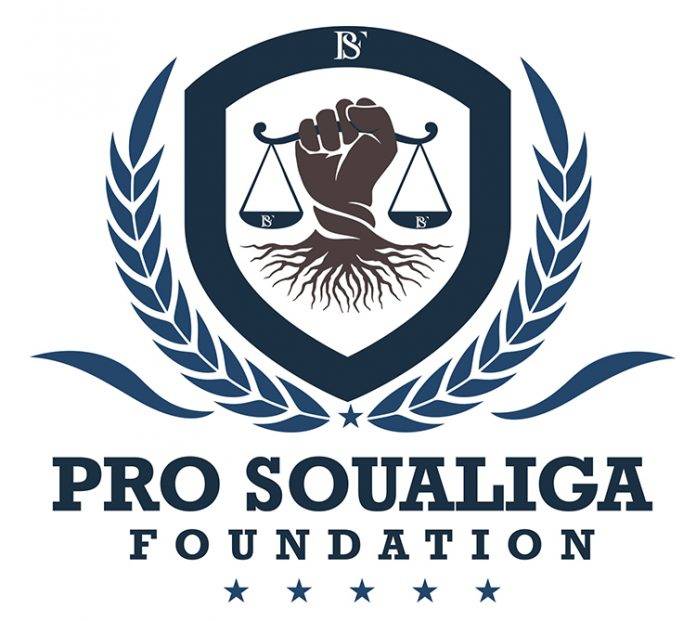PHILIPSBURG, Sint Maarten — More than fifty years after gaining independence in 1968, Mauritius, an independent island nation located in the Indian Ocean, was not fully decolonized according to The International Court of Justice (ICJ). The ICJ in its Advisory Opinion of February 2019, declared that “the process of decolonization of Mauritius was not lawfully completed when that country acceded to independence.” Prior to gaining independence in 1968, Mauritius entered into the Lancaster House Agreement in 1965 with the United Kingdom, its administering power, regarding the detachment of the Chagos Islands from Mauritius who were then a territory of the United Kingdom.
Recalling UN Resolution 1514 (XV), the ICJ ruled that any agreement entered into with an administering power “unless based on the freely expressed and genuine will of the people of the territory concerned, is contrary to the right to self-determination.” Furthermore, in paragraph 172, the ICJ states that “it is not possible to talk of an international agreement…..when one of the parties (Mauritius) to it (international agreement)…was under the authority of the latter (United Kingdom).” In other words, because the United Nations General Assembly (UNGA) had not determined in 1965 that Mauritius, a Non-Self-Governing Territory at that time, had attained a full measure of self-governance and a right to self-determination, any agreements that it entered into with its administering power was in contravention to international law because a people under authority cannot exercise GENUINE free will. Subsequently, the ICJ affirmed that “All Member States (of the UN) are under an OBLIGATION to co-operate with the United Nations in order to complete the decolonization of Mauritius.”
Moreover, Article 103 of the UN Charter, also known as a supremacy clause, defines said obligation by clearly stipulating that “In the event of a conflict between the obligations of the Members of the United Nations under the present (UN) Charter and their obligations under any other agreement, their obligations under the present (UN) Charter shall prevail.”
Adhering to the aforementioned obligation, The Kingdom of the Netherlands, a founding member of the United Nations in 1945, provided a Written Statement to the ICJ in February of 2018 in which it agreed that Mauritius while being a fully autonomous island nation, had not been fully decolonized. Furthermore, in May of 2019, the UNGA passed Resolution 73/295 (based on the ICJ Advisory Opinion) where it called for “the United Nations and all its specialized agencies” and “international, regional, as well as, intergovernmental organizations” to support the full decolonization of Mauritius. It is worth bearing in mind that in December of 2010, the UN also passed Resolution 65/119 which declared the period of 2011-2020 to be the Third International Decade for the Eradication of Colonialism.
Please find attached the International Court of Justice Advisory Opinion






























